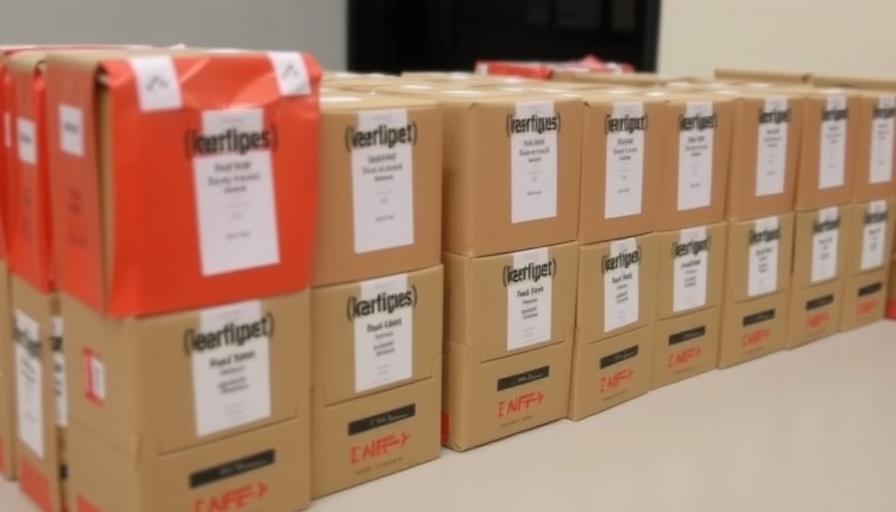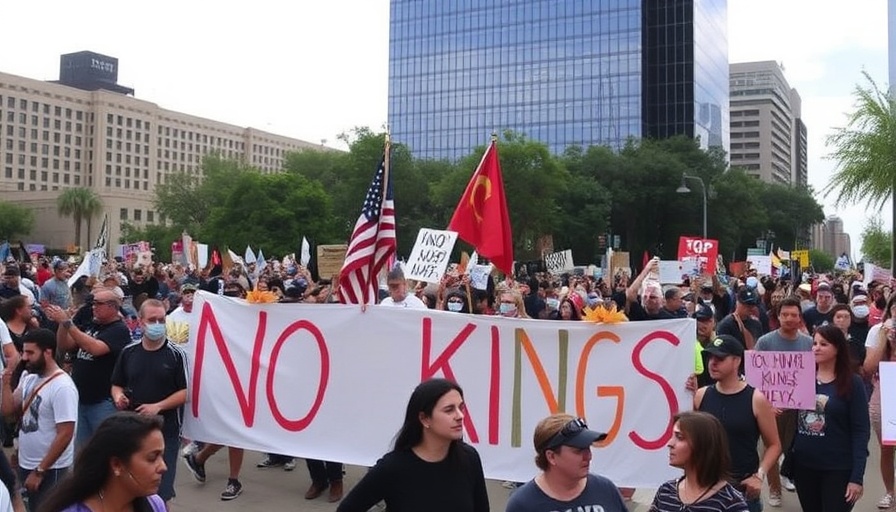
Fort Worth Police Clear Enormous Backlog of Unprocessed Rape Kits
In a significant move towards justice for victims of sexual assault, the Fort Worth police department has announced the clearing of a backlog comprising nearly 900 unprocessed rape kits. This achievement comes after a thorough investigation revealed critical lapses in evidence processing that left many victims waiting for answers. The police department is now making strides to ensure this crisis does not repeat itself.
Addressing a Broken System
To understand the enormity of this issue, we must look back at the troubling history of how sexual assault evidence was managed in Fort Worth. In October 2024, a report by NBC 5 Investigates highlighted that over 900 rape kits had not been processed within the legally mandated 90 days. Many of these cases were delayed for months or even years, leaving victims without the closure they desperately needed.
Consequently, city council members voiced their outrage, demanding immediate corrective measures from the Fort Worth police. In response, Chief of Police Neil Noakes communicated that the issue was no longer being ignored. "We've completely eliminated the backlog, and we are in 100% compliance," Noakes stated, indicating a renewed commitment to prioritizing victim support.
Steps Towards Transparency and Accountability
To prevent a recurrence of this situation, the department has enacted several crucial policy changes. Chief Noakes emphasized the importance of keeping victims informed regarding their cases, stating, "It's not a maybe, we will. It's a, 'You shall reach out and talk to this victim to make sure they stay informed.'" This level of communication is essential in rebuilding trust between the community and law enforcement.
Moreover, the city recognized the need for additional resources, prompting a hiring spree for crime lab staff, along with helpful pay increases, to fill five vacant DNA analyst positions. Engaging external agencies to process the kits played a vital role in expediting the backlog clearance, revealing a much-needed collaborative approach to justice.
The Emotional Toll on Victims
Despite these advances, victims like Latrice Godfrey remain cautious. Godfrey has expressed relief at the progress but worries about future oversights, questioning, "What happens when the veil goes back up? Is this going to happen again?" Such sentiments echo the fears of many who feel that, without consistent oversight and community engagement, the very system meant to protect them could quickly regress.
Chief Noakes responded to these concerns by promising continual vigilance and adherence to the newly implemented protocols, ensuring victims that they will no longer be forgotten in a backlog.
The Bigger Picture: Advocating for Change
This incident in Fort Worth can serve as a catalyst for broader change across the nation in how sexual assault cases are handled. As communities increasingly scrutinize their police departments, we can expect a growing demand for transparency and accountability—not just for the sake of statistics, but for the real lives affected by these decisions.
The efforts made by the Fort Worth police are a positive step toward addressing the systemic deficiencies highlighted by the investigation and show a commitment to foundational change. However, active community involvement, along with a sustainable plan for continuous improvement, is necessary to ensure that crime labs never face such challenges again.
As residents of the Dallas-Fort Worth area, it's vital to stay informed and support initiatives that prioritize justice and fairness. Together, we can advocate for a system that upholds the dignity of every victim and prevents the past from repeating.
 Add Row
Add Row  Add
Add 




 Add Row
Add Row  Add
Add 

Write A Comment